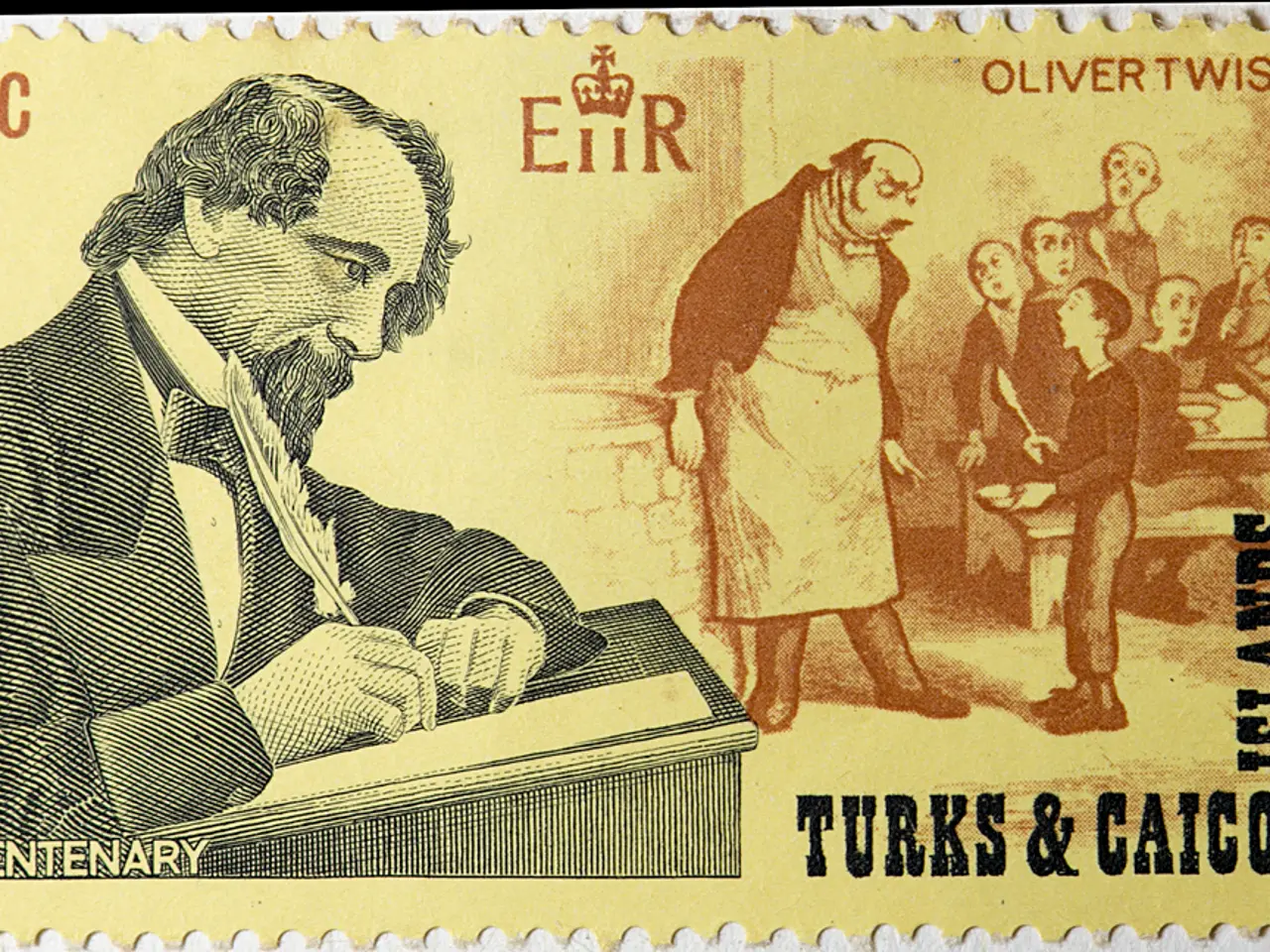Latvia's Interim Budget Deficit Levels Out at 253.1 Million Euros Over a Six-Month Period
The trend of significant growth in general budget revenue compared to expenditure, which was observed a year ago, did not continue in the first half of 2025. This shift is attributed to a deficit in the basic state budget and a decrease in Foreign Financial Assistance (FFA) receipts, including repayments from the European Commission (EC), which were EUR 314.4 million lower in the first half of this year compared to the same period last year.
Despite this contraction, the general budget balances for the second half of 2025 are projected to be broadly neutral to slightly contractionary at the euro area level. This neutrality is largely due to reimbursements from European Union (EU) funds for investment expenditure, which are still expected in the second half of the year.
The revenue of the consolidated general budget was EUR 82.4 million lower in the first half of 2025 compared to the same period last year. However, the special state budget and local government budgets had a surplus in the first half of the year.
Expenditures financed by the Recovery Fund (RRF grants) and EU funds contribute to fiscal expansion, counterbalancing contraction from other budget components. The use of fiscal governance flexibilities at the national level allows some Member States to unlock significant public investments, potentially up to €180 billion per year, partly enabled by extended fiscal consolidation periods and the national escape clause in Stability and Growth Pact rules. These measures, combined with EU budget funds, help maintain a balanced or mildly expansionary fiscal outcome in the second half of 2025.
Looking beyond 2025, the new EU budget starting in 2028 provides a stable framework with modest growth in financial resources but not a sharp increase in overall spending capacity. Much of the additional funds serve to repay loans from the COVID response rather than greatly expanding budgetary capacity.
In summary, for the second half of 2025, general budget balances accounting for Foreign Financial Assistance, Recovery Fund grants, and EU reimbursements are expected to be roughly neutral, with some variation by country but no major deficit expansion at the euro area level. The fiscal stance is managed through a combination of national fiscal measures and EU financial resources to support investment and reform without significantly increasing deficits. This assessment combines the European Commission’s forecasts and fiscal governance analysis as of mid-2025.
It is worth noting that the consolidated general budget of the country had a surplus of EUR 604 million at the end of June a year ago. In the first half of 2025, general budget revenue was close to last year's level.
- The European Union (EU) funds, which include Recovery Fund (RRF) grants and reimbursements for investment expenditure, are expected to offset contraction from other budget components, helping the government maintain a balanced or mildly expansionary fiscal outcome in the second half of 2025.
- The use of fiscal governance flexibilities at the national level by some Member States, enabled by extended fiscal consolidation periods and the national escape clause in Stability and Growth Pact rules, allows for significant public investments, potentially up to €180 billion per year, with part of these funds coming from the European Union (EU) budget, thus supporting business and contributing to the government's overall financial stability.




